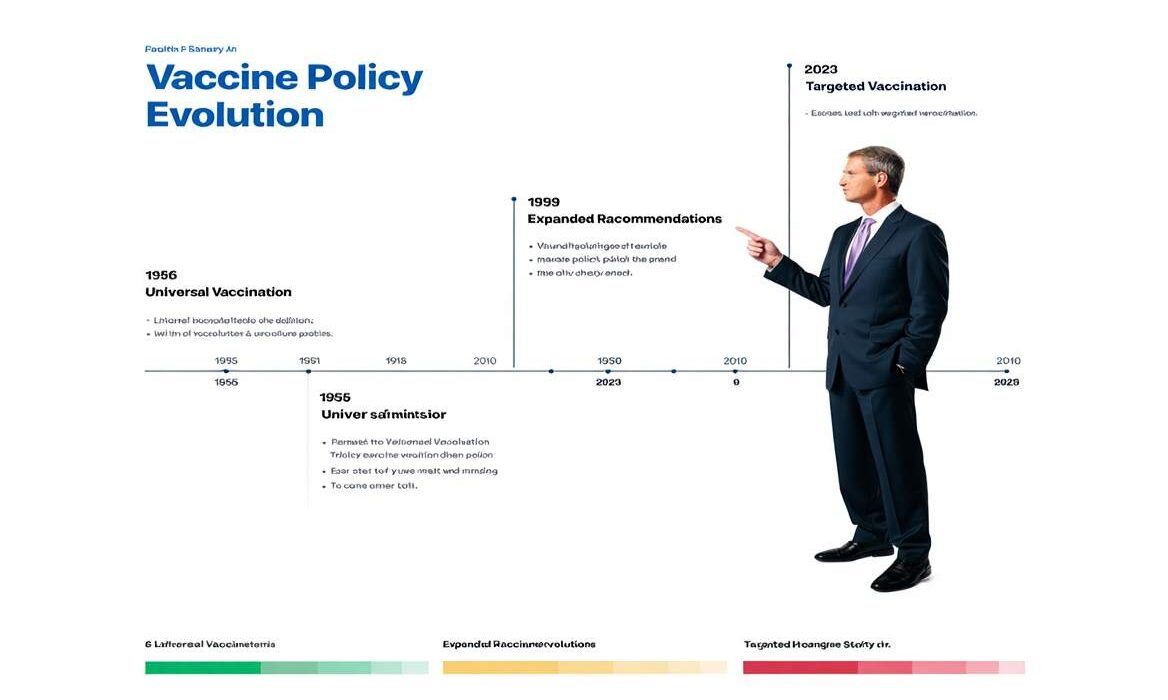In a landmark decision, a key US vaccine advisory committee has voted to end its recommendation that all adults receive the Covid-19 vaccine annually. The move marks a dramatic shift in federal vaccine policy and has already sparked heated debate across the medical community. The Advisory Committee on Immunization Practices (ACIP), which plays a central role in shaping national vaccination guidelines, also narrowly voted against recommending Covid-19 vaccines through prescriptions. The decision follows two days of deliberations where the panel also revised its stance on the combined measles, mumps, rubella, and varicella (MMRV) vaccine, while postponing a scheduled vote on updates to the hepatitis B vaccine. The shake-up comes after Health Secretary Robert F. Kennedy Jr., a long-time vaccine skeptic, dismissed all 17 former members of ACIP in June and replaced them with his own appointees. His decision has drawn fierce criticism from public health experts who argue that politicizing vaccine guidance could undermine trust in immunization programs and increase public health risks. Critics fear the new recommendations may reduce uptake of Covid-19 vaccines, which remain an important tool for preventing severe illness, particularly among vulnerable populations. Supporters of the change argue that widespread immunity and declining case severity make blanket recommendations unnecessary, emphasizing individual choice and targeted protection. While the Covid-19 vaccine will remain available to those who wish to receive it, the lack of universal recommendation may influence insurance coverage and public perception. With vaccination policy now at the center of political and medical controversy, the decision represents a turning point in how the US addresses the post-pandemic era.
US Vaccine Panel Ends Universal Covid-19 Shot Recommendation Amid Controversy






